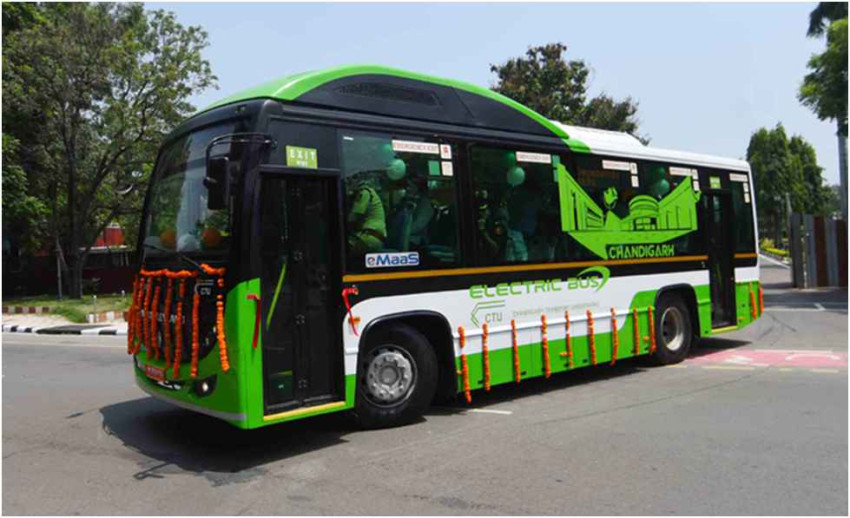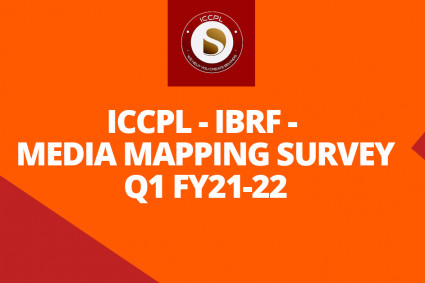
In the pursuit of a greener, more sustainable future for Chandigarh, Nitin Yadav, the Home Secretary of the Union Territory (UT), has played a pivotal role in advocating for the city's inclusion in the recently approved central government initiative, the PM e-Bus Sewa scheme. With a substantial budget of Rs 57,613 crore, this scheme aims to acquire 100 additional electric buses at significantly reduced rates, a testament to Chandigarh's commitment to eco-friendly urban transportation.
Championed by Prime Minister Narendra Modi and falling under the purview of the Ministry of Housing and Urban Affairs (MoHUA), the PM e-Bus Sewa scheme received approval during a Union Cabinet meeting held on August 16. This ambitious initiative aims to deploy a minimum of 10,000 electric buses across 340 cities, with Chandigarh, boasting a population exceeding 12 lakh, being classified under the Green Urban Mobility Initiatives (GUMI) segment.
Nitin Yadav, with his visionary leadership, recognized the pressing need to secure Chandigarh's participation in this scheme. One of the driving factors behind this decision was the depletion of subsidies that had previously been available through the Ministry of Heavy Industries' FAME-1 and FAME-2 programs. These subsidies, which had provided a significant financial boost to the administration, had amounted to a substantial Rs 45 lakh per electric bus procured from the central government. Unfortunately, these subsidies dwindled as Chandigarh acquired its final set of 40 FAME-2 electric buses earlier this year.
Nitin Yadav commented, "A correspondence has been ongoing with MoHUA for several months. We initially urged MoHUA to incorporate Chandigarh into this scheme when the PM e-Bus Sewa plan was in its infancy. Now, MoHUA has requested our proposal. Our proposal is based on several key factors. First, Chandigarh has already committed to transitioning all CTU buses to electric. Second, the city possesses the necessary infrastructure for electric buses. Third, the timeline for availing subsidies for e-bus procurement through the Ministry of Heavy Industries is nearly expiring. Should Chandigarh be included in the scheme, we anticipate receiving 100 electric buses in the initial allocation. Undoubtedly, this process is a lengthy one."
Nitin Kumar Yadav's dedication to Chandigarh's sustainable mobility vision has been instrumental in driving the shift towards electric buses. Since their introduction in 2021, electric buses have gained popularity among passengers, with plans in place to replace all diesel buses in the Tricity region with electric ones by 2027-28. Chandigarh's electric buses have collectively covered more than 50.15 lakh km, translating into savings of 10.03 lakh liters of diesel, equivalent to approximately Rs 8.42 crore, according to the Chandigarh transport department. Over the past year and a half, these buses have transported over 70 lakh passengers, with the introduction of mini-electric buses in September 2021 serving around 20,000 passengers daily.
ABOUT THE AUTHOR
Kamlesh Bhattacharya
Kamlesh Bhattacharya is a senior correspondent who covers general news on Chandigarh city. He also writes on the tourism sector, focusing on the northern region. He is fond of reading and cricket.





